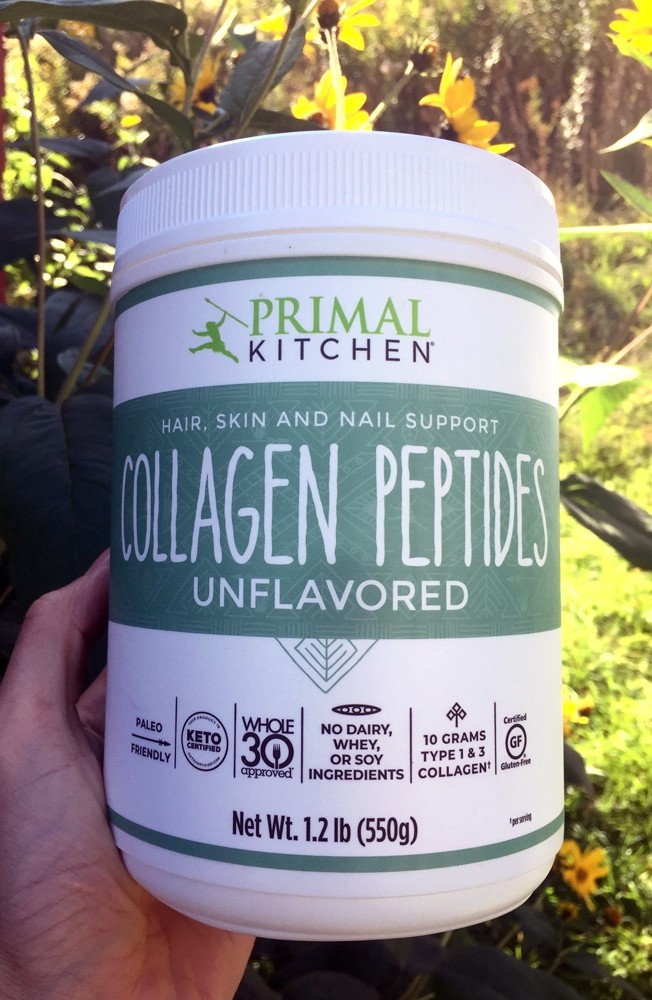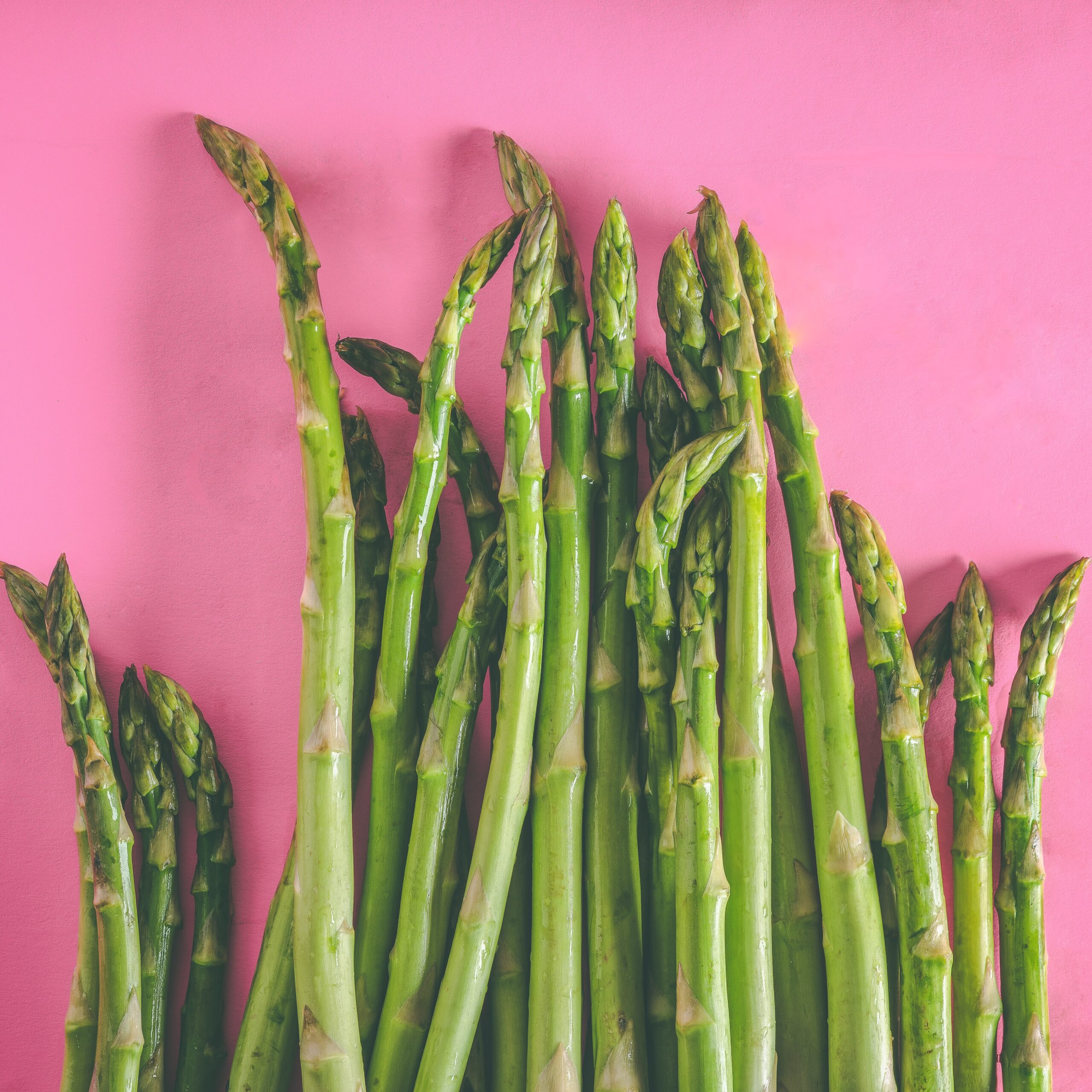Reported Benefits of Collagen Peptides
Provide skin with structure
Strengthen bones
Benefit skin elasticity
Increase skin hydration
Reduce wrinkles and skin dryness
Healthy hair and nails
Support strong joints and help relieve joint pain
Possibly prevent bone loss and boost muscles mass
Protect Cardiovascular system
Promote heart health
Help treat leaky gut syndrome
Claimed improvement of mood and anxiety symptoms
(1)(6)
Collagen protein is found throughout the body in all of the connective tissues. The body makes collagen by breaking down dietary protein into amino acids that in turn are built into collagen. To get the building blocks for collagen that are needed, one should consume a balanced diet of protein-rich foods and a variety of fresh produce. Bone broth is a great source of whole-food collagen. As the body ages, the body’s ability to produce collagen naturally decreases. Fresh fruits and vegetables also provide ample antioxidants to help prevent oxidative stress, which can degrade collagen.
In addition to eating a balanced diet of protein, here are some key nutrients that increase collagen production:
Vitamin C – citrus, bell pepper, strawberries, red cabbage
Proline – egg whites, dairy, cabbage, asparagus, mushrooms
Glycine – pork and chicken skin, gelatin
Copper – organ meats, sesame seeds, cacao, cashews, lentis
(2)(4)
Proline and glycine are the two primary amino acids involved in the synthesis of collagen. Proline helps to heal wounds, repair skin, supports digestive health, helps prevent joint pain, and supports cardiovascular system. Glycine promotes muscle growth, repairs and protects joints and cartilage. Proline and glycine are classified as non-essential amino acids because the human body can synthesize them on its own, whereas other amino acids must come from a proper diet. (4)(5) However, the body can benefit from getting more of these amino acids, especially in promoting healthy collagen synthesis.
Spirulina is an excellent source of both proline and glycine. Common foods like asparagus also contain proline.
Though there are 28 types of collagen, here are the five primary types of collagen.
Type I: accounts for 90% of body’s collagen - skin, bones, tendons, fibrous cartilage, connective tissue, teeth.
Type II: found in elastic cartilage
Type III: supports structure of muscles, organs and arteries
Type IV: helps with filtration, found in layers of skin
Type V: hair and surfaces of cells
(2)(6)
Collagen supplements most often come in a powdered form that can be added to smoothies, protein shakes or water. Collagen supplements have the ability to stimulate the body to produce its own collagen. (1) Some products are explicit about the types of collagen they contain or will list the amino acid profile. Long chains of amino acids that from a whole collagen structure are partially broken down into ‘collagen peptides’. The peptides are easier for the body to absorb and get amino acids that the body can use to produce more collagen.
The raw material to create collagen peptides is an animal collagen protein such as bone, skin or hide and connective tissue. Most peptides come from the hides and connective tissue of cows, also called ‘bovine’ collagen. (3) Traditionally eating all parts of an animal was common. Though animal muscle meat is primarily consumed in our modern world, the rise of collagen supplements is a return to utilizing the whole animal in our diets.
Sources
The information provided on this site is intended for your general knowledge only and is not a substitute for professional medical advice or treatment for specific medical conditions. You should not use this information to diagnose or treat a health problem or disease without consulting with a qualified healthcare provider. Please consult your healthcare provider with any questions or concerns you may have regarding your condition.


